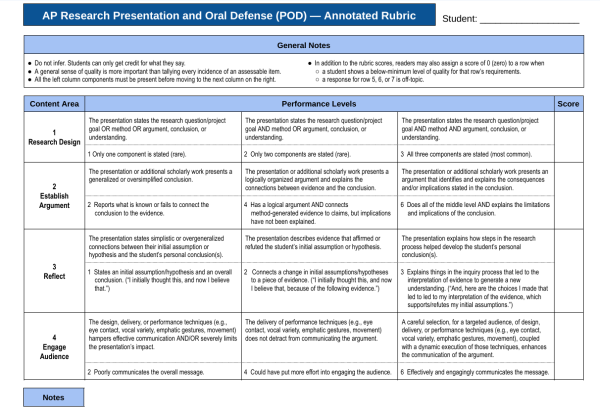The Four Day Work Week is Here (for the U.K.)
Thursday is the new Friday?

One of the top concepts that confuses me is the weekdays versus the weekends. Why give Saturday and Sunday such a platform? Just based on their names? What makes a certain 24 hours different than another 24 hours? In reality, as everyone knows, unless you are retired or self-employed, all days are not the same. So when I saw a similar headline pop up in my inbox last week (thank you VICE), it reignited this thought process. Could the hypothetical “we shouldn’t have school on Fridays” middle schooler argument not be so hypothetical?
Unfortunately, before we harass the CCSD administration, this does not apply to us. Or any Americans (yet). Rather our mother country, England, recently announced a “4 Day Work Week Trial.” In late January, 30 companies in the U.K. agreed to participate in a six month trial of the shortened workweek, with employees’ work hours reduced to 32 hours a week. According to a recent article published by Fortune, the thirty companies taking part employ roughly 20 to 200 workers on average. They will begin cutting hours in June of 2022. The employees of companies participating in the trial will be given their full wage and employee benefits for 80% of their time, while committing to maintain 100% productivity.
Beyond productivity, the study will also measure employees’ mental health and the program’s effect on the environment, as well as gender equality. The U.K. trial is being run by 4 Day Week Global, a nonprofit that advocates for the shorter week, in partnership with HP company Autonomy and researchers at Cambridge University, Oxford University, and Boston College.
Upon further research into why this work structure is gaining such momentum, several articles mentioned the “Great Resignation.” Fueled by ongoing pandemic burnout, the movement has become a global phenomenon – especially in the U.S. A recent report from the Bureau of Labor Statistics stated a record number of Americans quit their jobs in November. As to its cause, many claim it was from the sheer number of job openings combined with a low unemployment rate, creating higher demand, compounded by a “work from home” preference.
The movement is growing online as well, with Internet forums such as “Antiwork” on Reddit encouraging followers to work as little as possible with the goal of prioritizing leisure time. They have gained over 1.5 million followers since October of 2020, which some attribute to the mass reevaluation of careers as a result of Covid-19.
So is the move towards a shorter work week really that surprising? In a recent survey conducted by Eagle Hill Consulting Research, out of the 1,000 people surveyed, 53% of workers reported they were experiencing burnout, and 83% of U.S. workers believe a four day work week could be the solution.
The four-day workweek trial has been done before, and apparently with great success. Iceland recently concluded a five-year-long study, which found “there is a strong correlation between shorter working hours and increased productivity amongst wealthy nations,” according to study authors Guðmundur D. Haraldsson and Jack Kellam, and the physical and psychological health benefits appear to be long term.
4 Day Week Global is testing a series of pilot studies, like the one in the U.K., with similar programs set to start in the U.S. and Ireland, with more planned for Canada, Australia, and New Zealand. Belgium recently stated they will allow workers to request permission to compress their work week into four days. Here, U.S. Representative Mark Takano (D-Calif.) proposed a bill that would reduce all standard workweeks to 32 hours, requiring overtime pay for anyone working beyond that.
Overall, the four days work, threes day leisure seems to prevail over the current five-two model. But of course, the role switch between Friday Jr. and Thursday Jr. has its downsides.
It doesn’t work well for all jobs. As Karla Miller from the Washington Post explains, for careers that are centered around client schedules, timed processes or billable hours, there’s no way to reduce work time without affecting output and profitability. And as with previous adjustments, there is no guarantee this will be applied equally across socioeconomic statuses and between colleagues.
The 40 hour work week was a drastic improvement from the previous 80 to 100 hour work week and its hyper-productive mentality. With the valid argument that we need some sort of reconsideration over time in the workplace, this shortened week model is entirely plausible. However, Joe Rye, director of the 4 Day Week Campaign in the U.K., admits it “it is not going to happen overnight.” But if you feel that two days is simply not enough weekend, there is hope.











